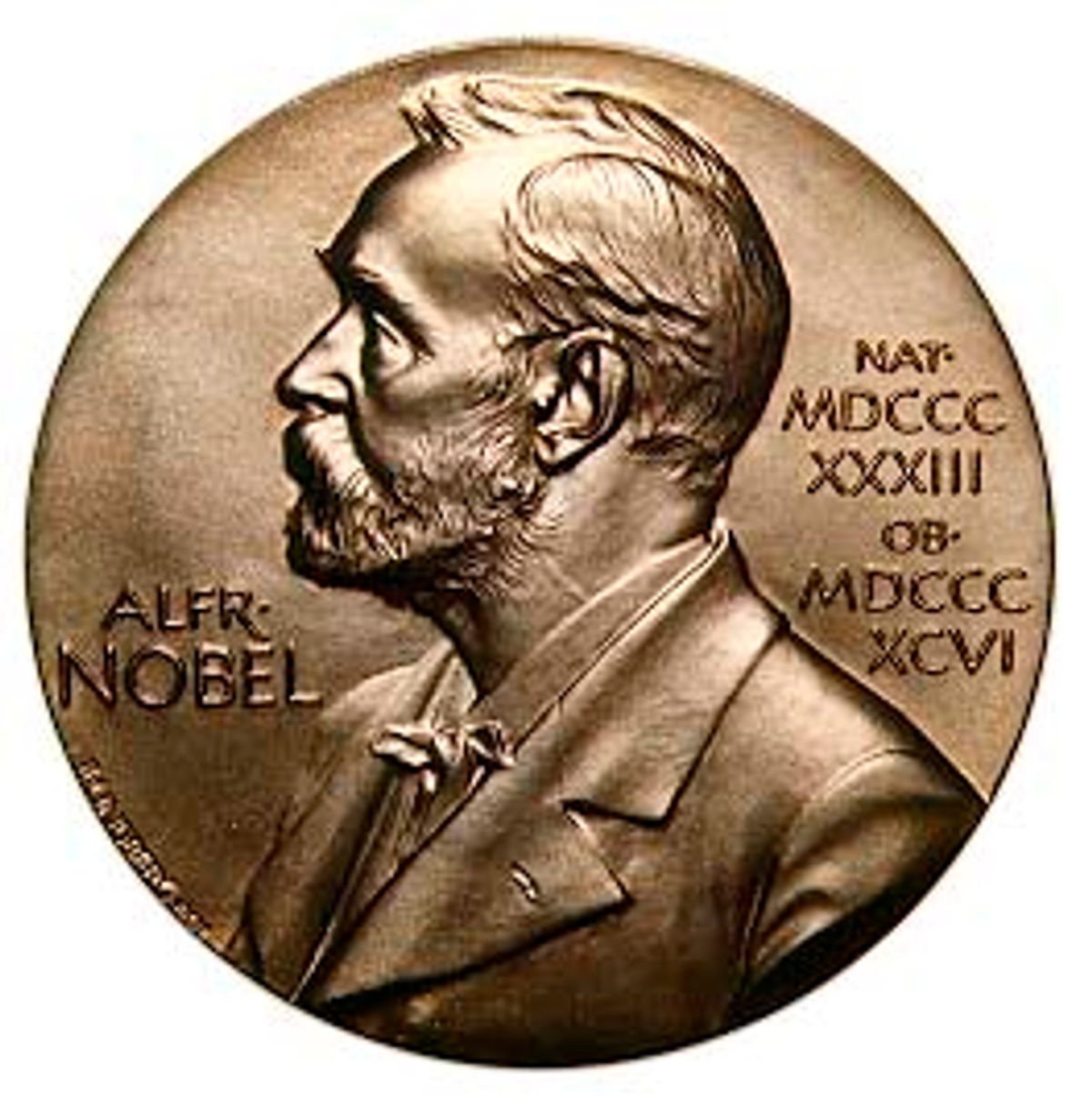Okay, maybe nanotechnology didn’t win the Nobel Peace Prize, but one could argue that the manipulation of matter at the nanoscale did have a good showing in Physics and Chemistry.
And the other winner: Graphene. Andre Geim and Konstantin Novoselov, now both at the University of Manchester, won for their research into single atom-thick sheets of carbon, called graphene back in 2004.
This was just a matter of time really considering all the excitement over the last few years with the material. A list of some of the research being done with graphene that has been covered here on the pages of IEEE Spectrum is compiled in this article.
One article that was missing from the lists was an interview I did with Phaedon Avouris at IBM’s IBM T.J. Watson Research Center, about IBM’s breakthrough in developing a new method for creating a band gap with graphene.
Discovering new materials and material phenomenon are sometimes revolutionary. But personally I am always impressed by the scientists who make these discoveries into something useful not unlike the way Stuart Parkin at IBM did with giant magnetoresistance (GMR) (which also won a Nobel Prized for its discoverers) or Phaedon Avouris in creating a band gap that could lead to graphene to be used in electronics. Anyway, these prizes are a good showing for the much-maligned field of science and technology that works on the nanoscale, let’s call it nanotechnology.Dexter Johnson
Dexter Johnson is a contributing editor at IEEE Spectrum, with a focus on nanotechnology.
The Conversation (0)




